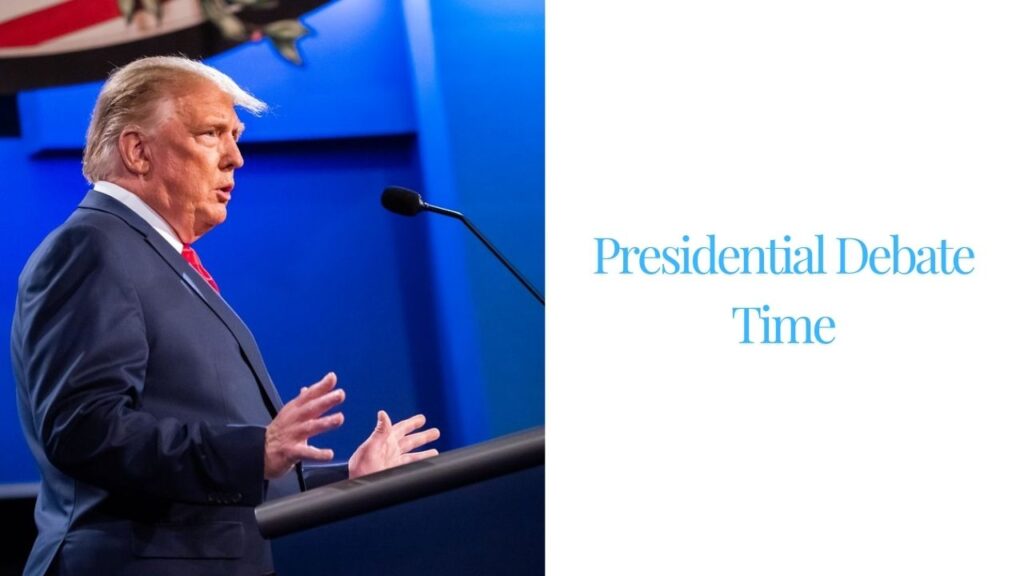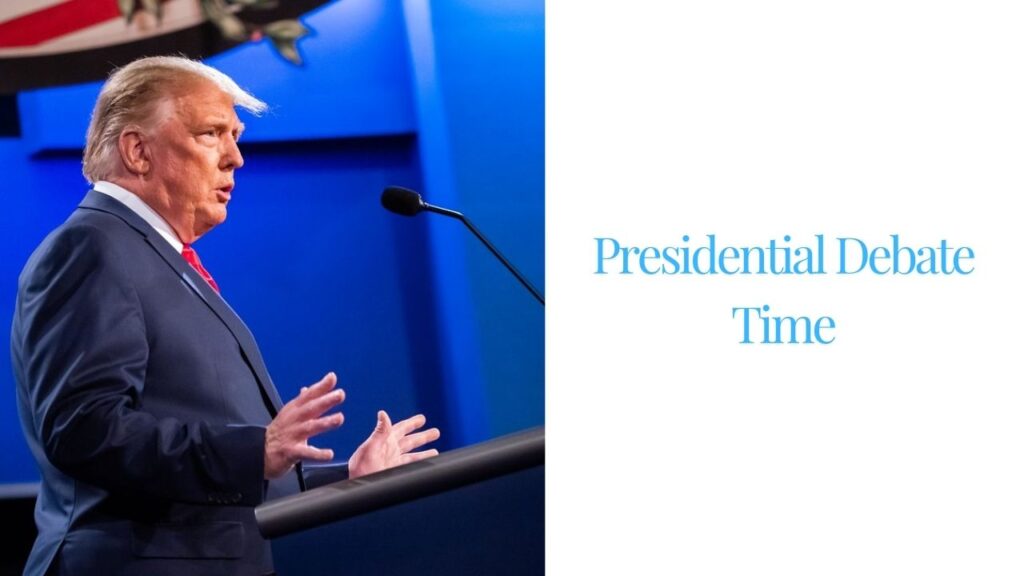As the 2019 presidential election nears, recent polling data provides insightful perspectives into Vice President Kamala Harris and former President Donald Trump’s foreign policy perspectives and voter sentiment dynamics in key swing states. National preferences could differ significantly from preferences within specific swing states – this article delves deeper into those details as well as issues at play to provide both candidates with an edge before entering debate time.
How Do Voter Attitudes Differ Nationally and Within Swing States?
According to a poll conducted by the Institute for Global Affairs, national polling indicates Kamala Harris as being most likely to pursue foreign policies that benefit average Americans, such as engaging less in “unnecessary wars” and strengthening U.S. standing internationally. But in swing states, this narrative shifts dramatically as Donald Trump seems to have an edge when discussing crucial foreign policy questions – showing clear divergences based on geography in voter sentiment between regions.
Survey responses came from 1,835 Americans living across various key states – Pennsylvania, Wisconsin, Michigan, Georgia, Arizona and Nevada were specifically chosen. Polling results illustrate how issues resonate differently depending upon which regions people inhabit; each locale tends to focus more heavily on particular concerns over national ones.
What Are Factors Influencing Voter Preferences?
Polling data reveals that voters in the Rust Belt region of America tend to prioritize China and its implications over climate change when making voting decisions, an indication that may support Donald Trump as a candidate. Meanwhile, Sun Belt voters prioritize immigration issues which align more closely with Republican perspectives while Independent voters often view immigration policy failures under Biden as being his chief failure, while Democrats emphasize his response to conflicts such as Gaza and Ukraine as more pressing concerns.
One startling finding of this poll reveals that 30% of American citizens consider President Biden’s withdrawal from Afghanistan by 2021 as one of his administration’s major foreign policy errors, especially after Osama bin Laden died in 2011. These views demonstrate widespread frustration with US military interventions and an interest in change to foreign policy direction.
Why Is Foreign Policy Gaining Importance This Election Cycle?
Foreign policy has typically not been the top concern of American voters; rather they tend to place greater importance on domestic issues such as crime and the economy. But recent global events – from the COVID-19 outbreak to ongoing conflicts in the Middle East, and rising tensions with China – have altered this perspective, according to Institute for Global Affairs research. As it noted: Foreign Policy “is having its moment” before elections!
Polling data demonstrates that while economic concerns continue to dominate American consciousness, more Americans than ever are prioritizing foreign policy issues as key matters compared to last year – more than twice as many citing it as such, suggesting an awareness of international affairs’ implications on domestic life.
How Does Voter Ideology Affect Support of Harris and Trump?
Pollsters distinguish supporters of Harris and Trump according to their approaches to foreign policy, categorizing Harris backers as Wilsonian (representing advocates of the rules-based international order that prioritizes human rights and democracy) whereas Trump supporters tend towards a strong military presence yet may remain wary about entering into foreign alliances.
Notably, supporters of Harris are more inclined than Trump supporters to endorse military intervention against potential Chinese aggression against Taiwan compared to one, suggesting a distinction in how each candidate’s base perceives threats and formulates responses accordingly.
What Are the Consequences of Public Opinion on U.S. Involvement Abroad?
Polls indicate stark differences among voter perspectives about U.S. involvement in various international conflicts, as evidenced by Republican and independent voters favouring avoidance over involvement, particularly regarding the Ukraine and Finland invasion by Russian forces – with 76% of Democrats favouring military intervention to expel Russian forces while only 55% support such action from Republicans; these disparate responses reveal how deeply political views impact opinions regarding military involvement.
A stark example of the division can be seen when looking at Israel’s ongoing conflict with Hamas: Harris supporters believe the U.S. should reconsider its unconditional support of Israel, with 67% calling for a ceasefire; in stark contrast, 42% of Trump backers think otherwise, emphasizing their disparate perspectives regarding U.S. foreign aid and military engagement.
Conclusion: Preparing for the Presidential Debate Time
As candidates prepare for debates, polling insights could shape their strategies and rhetoric. Understanding voter priorities from both a national and swing state perspective will be paramount as they navigate a complex foreign policy terrain.
This debate promises to be an important moment between Harris and Trump, where each must clearly articulate their visions while responding to voters’ pressing needs and concerns. As foreign policy takes centre stage, both candidates will need to show that they can effectively manage international challenges while remaining responsive to domestic priorities – the outcome could impact significantly their chances in the election, so meaningfully engaging voters on issues they care most about is paramount for success in any electoral race.

Related Article:
Lady Gaga Mysterious Instagram Posts: What Do They Mean?
Kylie Jenner Fans Concern About Recent Dance Video and Makeup Post








